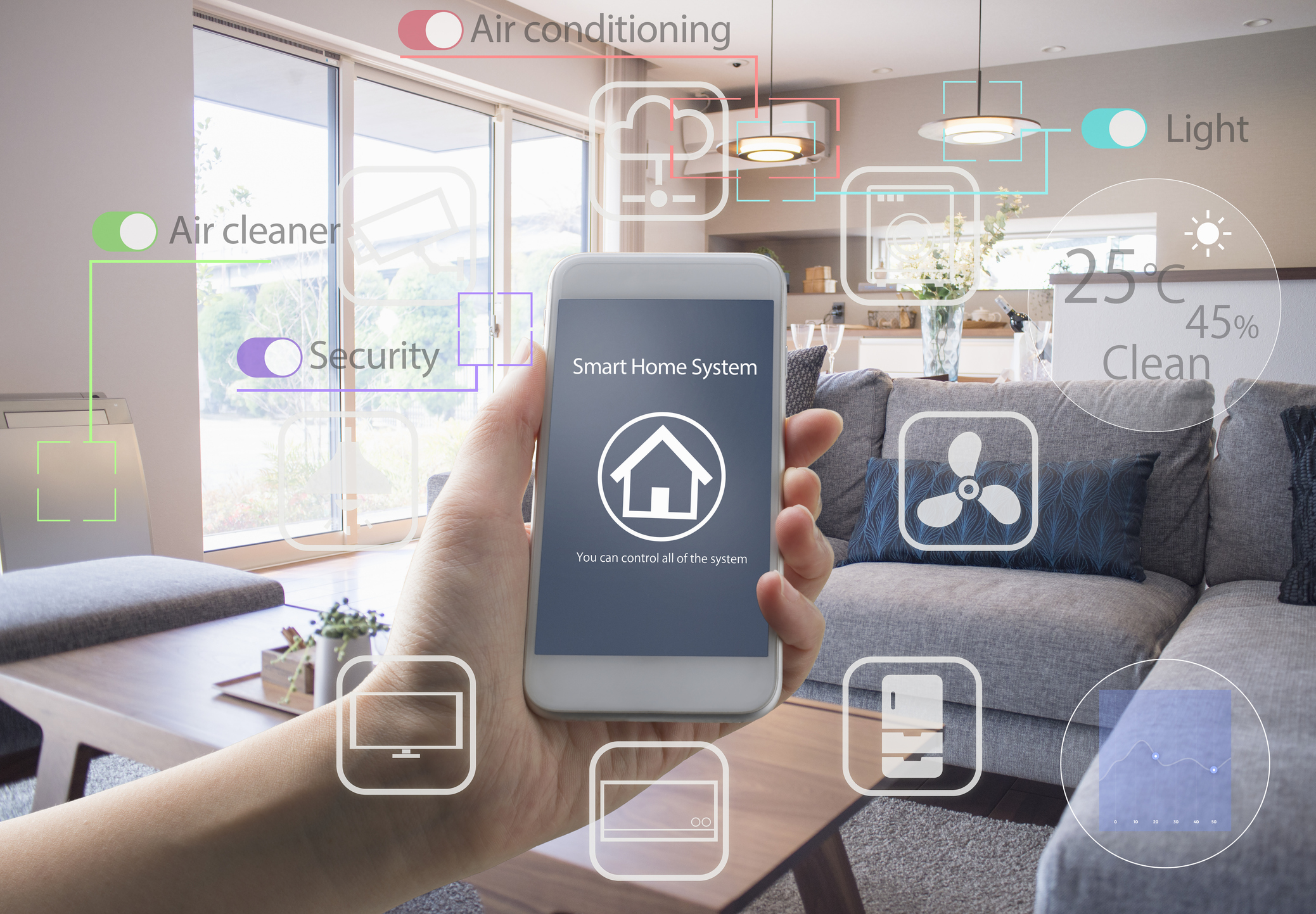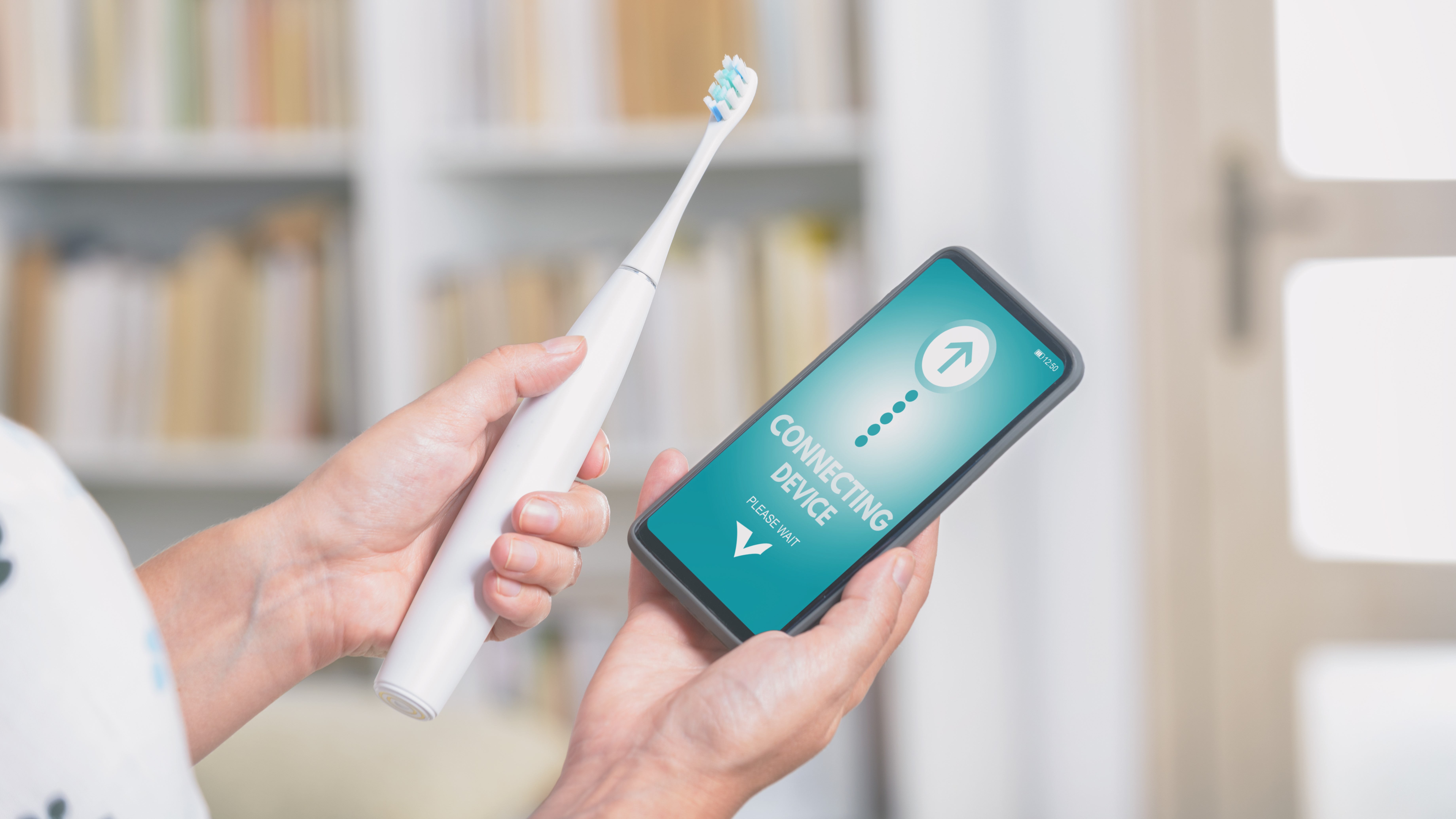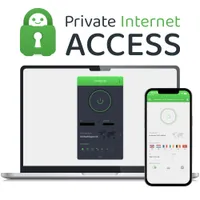How many devices do I need a VPN on?
Is there a magic number?

Here at Tom’s Guide our expert editors are committed to bringing you the best news, reviews and guides to help you stay informed and ahead of the curve!
You are now subscribed
Your newsletter sign-up was successful
Want to add more newsletters?

Daily (Mon-Sun)
Tom's Guide Daily
Sign up to get the latest updates on all of your favorite content! From cutting-edge tech news and the hottest streaming buzz to unbeatable deals on the best products and in-depth reviews, we’ve got you covered.

Weekly on Thursday
Tom's AI Guide
Be AI savvy with your weekly newsletter summing up all the biggest AI news you need to know. Plus, analysis from our AI editor and tips on how to use the latest AI tools!

Weekly on Friday
Tom's iGuide
Unlock the vast world of Apple news straight to your inbox. With coverage on everything from exciting product launches to essential software updates, this is your go-to source for the latest updates on all the best Apple content.

Weekly on Monday
Tom's Streaming Guide
Our weekly newsletter is expertly crafted to immerse you in the world of streaming. Stay updated on the latest releases and our top recommendations across your favorite streaming platforms.
Join the club
Get full access to premium articles, exclusive features and a growing list of member rewards.
When it comes to VPNs, many providers offer multiple connections on one subscription plan. However, is that the be-all and end-all when deciding which of the best VPNs to opt for? After all, how many devices do you own, and how many actually need a VPN?
Our current #1 choice, NordVPN, offers 10 simultaneous connections per plan, and that seems generous, but is that enough? There are obvious devices that need VPN protection like your phone, laptop and tablet, but that's really just scratching the surface.
Think smart
Those living alone may struggle to fill up their allocation – after your phone, laptop, tablet and perhaps your smart TV, there aren't a whole lot of devices you use all the time that would benefit from a VPN. If you have a family, though, your partner may have 3 or 4 personal devices, and the kids will likely have at least a phone and laptop. If you're truly concerned about privacy, you'll want the VPN active at all times on these – and that's when things start adding up.
What's more, any device with an internet connection could arguably benefit from being connected to a VPN. Think about smart doorbells, smart speakers and more. All of these devices have an exploitable connection to the internet. The extra encryption of a VPN is a great way of keeping your home's smart devices from revealing your personal information and away from hackers.
With so many devices like this, it becomes easy to see those 10 concurrent connections dwindling. To combat this, some VPNs offer unlimited connections at once – most notably Surfshark and Private Internet Access (PIA).

Jack Buckley, Head of Communications and Privacy Advocate at PIA, agrees that unexpected devices can be a problem:
"We live in a world where data is currency. Our users shouldn’t have to worry about their electric toothbrush accidentally giving away the keys to the kingdom. With almost every home having some kind of “smart” device – whether that’s a toaster, a toothbrush, a baby monitor, or a lightbulb – number of devices is no longer a metric that covers the whole user spectrum. VPN security is needed for every device; not just the technology that can run a VPN on its own."
As Jack states, VPNs can be installed directly on very few "Internet of Things" devices, and the better solution here is to opt for a router VPN. By applying a connection to the network itself, every device that connects to that Wi-Fi connection will have a VPN automatically applied to it.
That only adds one more simultaneous connection, but if you've got a limit, it can make all the difference.
Do I really need a VPN on everything?
You should prioritize devices with your personal details first, but in truth, if it's in your home and connected to the internet, there's a benefit of using a VPN.
Being hacked through your toothbrush might sound like a ridiculous example, but a story (that may or may not be true) went around earlier this year that 3 million toothbrushes were hacked. These toothbrushes allegedly had malware installed on them that formed a botnet which was used to carry out DDoS attacks.
A good piece of advice would be to keep smart devices protected with the latest system updates and question whether you need to have every single device in your home connected to the web. Maybe consider swapping a "smart" appliance for a "dumb" one.
Private Internet Access: from $2.19 per month
One of the biggest VPN providers in the game, PIA supports unlimited device connections at once and can even be applied to compatible routers. PIA also has twice proven its zero-logs policy in court and features an effective killswitch to keep you private. On top of that, PIA also boasts an excellent record at unblocking streaming content.
Andy is a freelance writer with a passion for streaming and VPNs. Based in the U.K., he originally cut his teeth at Tom's Guide as a Trainee Writer before moving to cover all things tech and streaming at T3. Outside of work, his passions are movies, football (soccer) and Formula 1. He is also something of an amateur screenwriter having studied creative writing at university.
 Club Benefits
Club Benefits











